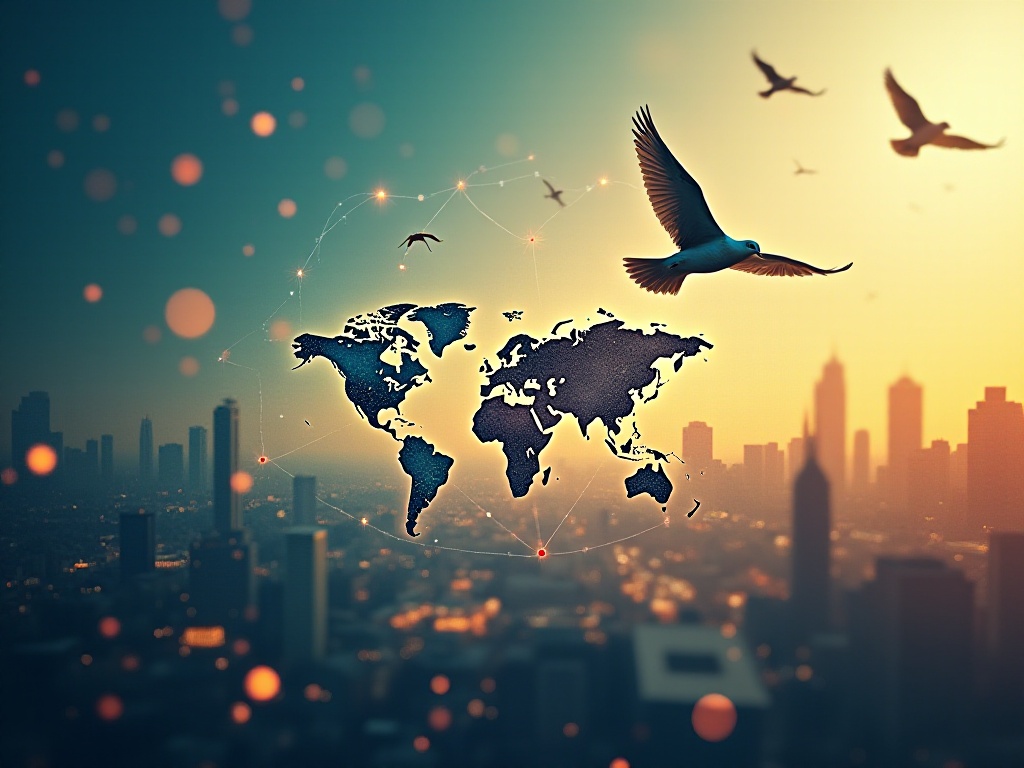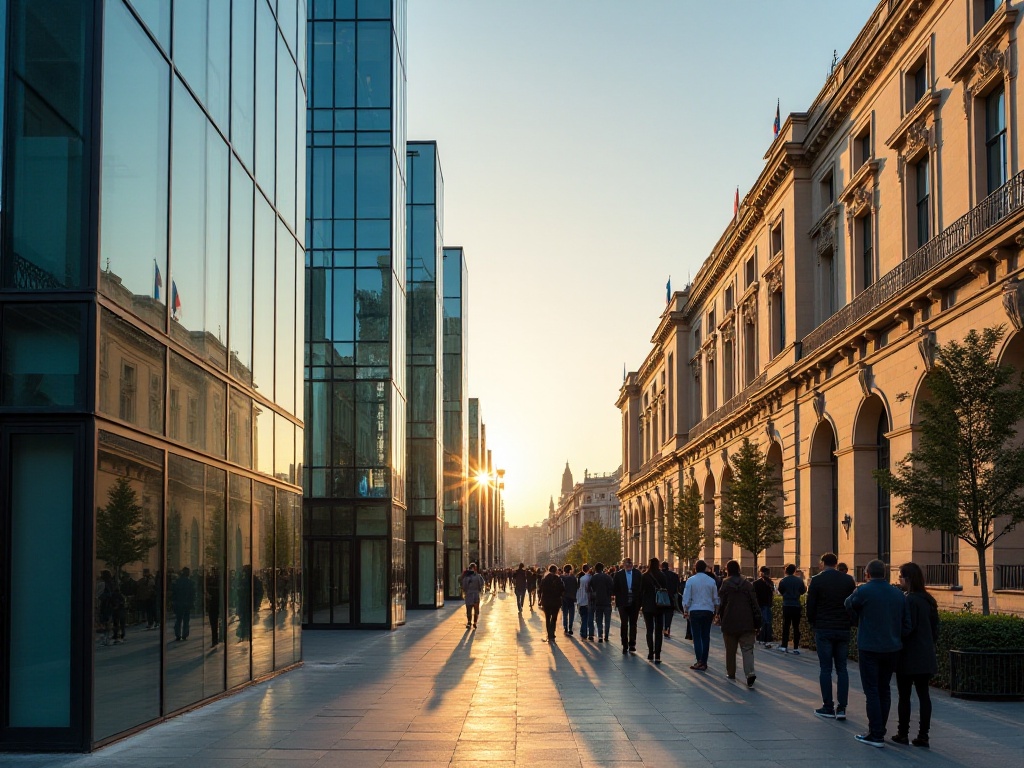Origin
Have you ever wondered why the US visa is so special? As a traveler who has been to many countries, I find the US visa truly unique. Last year, while helping a reader prepare visa materials, she asked an interesting question: "Why is the US visa so hard to get?" This question prompted me to deeply consider the logic behind US visas.
Uniqueness
US visa policies differ significantly from other countries. For instance, you might only need a visa on arrival for Thailand; for Japan, adequate documentation usually ensures approval. However, US visas have a unique "presumption of immigrant intent" principle - visa officers presume you intend to immigrate unless you prove otherwise.
This reminds me of an interesting phenomenon: in my readers' group, some people spent considerable effort preparing materials, yet the visa officer only asked two questions before approval; others prepared thoroughly but were rejected due to a minor detail. What does this indicate? It shows that US visas emphasize the applicant's overall background rather than mere documentation.
Application Process
Let's look at the specific application steps:
First is completing the DS-160 form. How important is this form? Here's an example: one of my readers was rejected because they didn't provide detailed enough work experience and faced many follow-up questions during the interview. Therefore, form completion must be truthful and consistent.
Then comes scheduling the interview. This stage often causes anxiety due to lengthy wait times. Statistics show that in 2023, wait times at various US consulates ranged from weeks to months. Beijing consulate's average wait time was around 200 days, while Guangzhou's was over 300 days. Such long waits truly test one's patience.
The interview is crucial. Based on my observations and data collection, interviews typically last 2-3 minutes. Visa officers mainly focus on: - Clarity of travel purpose (about 40% of questions) - Financial stability (about 30% of questions) - Social ties (about 20% of questions) - Other supplementary information (about 10% of questions)
Experience Sharing
Here, I'd like to share some practical experience:
Regarding document preparation, many prefer preparing thick stacks of documents. But from my experience, a clear proof of assets is better than dozens of pages of bank statements. One of my readers succeeded by simply bringing complete property documentation and three months of salary records.
For interview skills, maintaining naturalness is most important. One reader practiced English extensively but became too nervous to speak during the interview. Actually, visa officers care more about the authenticity of your answers than your English proficiency.
Many worry about insufficient income. However, from my observation, income level isn't decisive. I know a freelancer with moderate monthly income who obtained their visa simply because they could clearly explain their work nature and income sources.
Truth
Through years of helping readers with visa applications, I've noticed an interesting phenomenon: visa approval rates closely correlate with applicants' mindset. Data shows that applicants who prepare thoroughly for their first attempt achieve about 75% approval rate, while those with a "let's try and see" attitude often have less than 30% success rate.
I believe US visas seem difficult to obtain largely due to applicants' misunderstandings. For example, many believe: - They must have substantial savings (actually, reasonable source of funds matters more) - They must speak fluent English (in fact, many visa officers speak Chinese) - They must have prestigious jobs (actually, job stability is key)
Suggestions
If you're preparing for a US visa application, I suggest:
First, plan your itinerary carefully. Did you know? Statistics show applicants with detailed itineraries have about 40% higher approval rates than those with vague plans. Therefore, prepare a complete travel plan, including specific attractions and estimated duration of stays.
Second, prepare targeted materials. For instance, if you're employed, focus on work-related documentation; if you're in business, prepare more business transaction materials. Let your documents tell a complete story rather than pile up aimlessly.
Finally, maintain the right mindset. The visa interview isn't an exam but a brief exchange. Your goal is to present your authentic self, not cater to the visa officer's expectations.
Reflection
Over the years, I've witnessed many people's US visa application experiences. Some succeeded first time, overjoyed; others faced multiple rejections, disappointed. Regardless of outcome, this process is a valuable experience.
Have you considered why the US sets such visa thresholds? At a deeper level, this reflects a country's immigration policies and international relations. As travelers, understanding this underlying logic can greatly enhance our travel experiences.
Future
As international situations change, visa policies continue to evolve. For instance, during the pandemic, many countries began experimenting with online interviews. Does this indicate future visa applications might become more convenient? This question deserves our continued attention.
Finally, I want to say, don't take visas too seriously. Remember, a visa is just the beginning of travel; what truly matters are the experiences and insights gained during the journey. What do you think? Feel free to share your thoughts and experiences in the comments.




